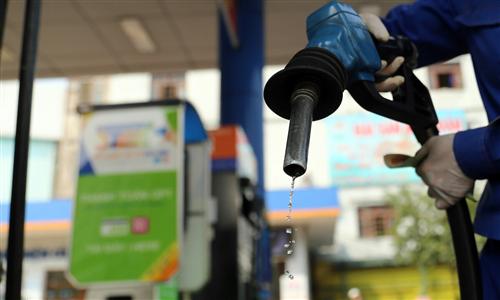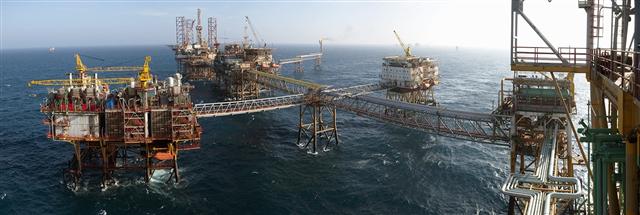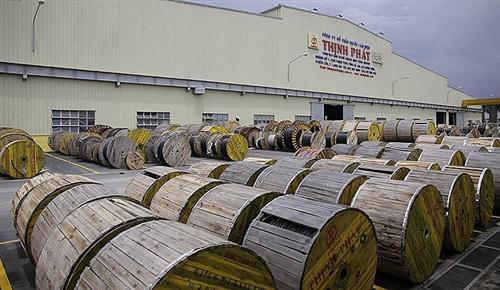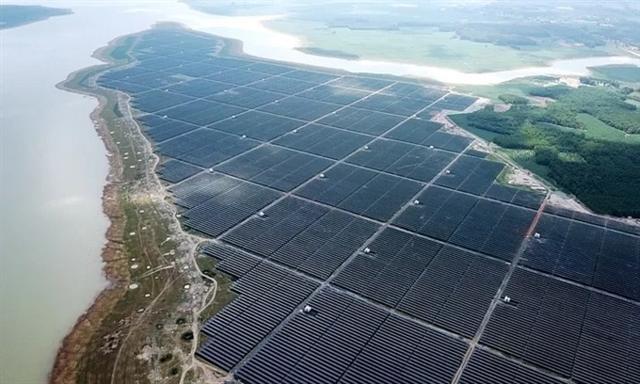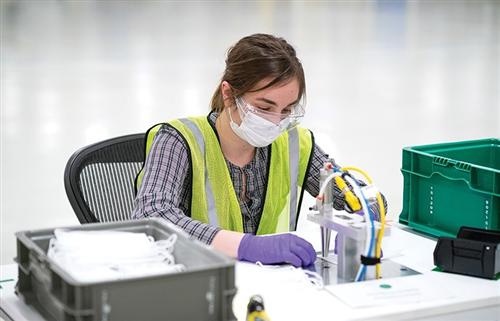Petrol and oil giants lost billions of dollars on plunging oil
Petrol and oil giants lost billions of dollars on plunging oil
The revenues of PetroVietnam and Petrolimex slumped by VND141 trillion ($6.13 billion) and VND12 trillion ($521.74 million) this year due to the dropping oil price and the COVID-19 health crisis.
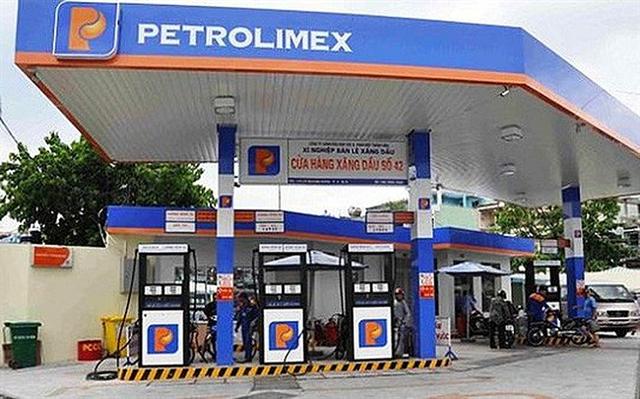
Petrol and oil giants lost billions of dollars on the global downturn of oil prices
|
According to the Commission for the Management of State Capital at Enterprises, the nosediving oil price has caused huge damage to the economy.
The commission reported that Vietnam Oil and Gas Group (PetroVietnam) is suffering the greatest losses among the state-owned groups under its management. In the first quarter, the group's revenue reduced by VND13.2 trillion ($573.9 million) on-year to VND88.3 trillion ($3.84 billion), while after-tax profit decreased by VND4.58 trillion ($199.13 million) on-year to VND4.44 trillion ($193 million).
The fall has come from the drop in crude oil prices over the past three months. For every $30 per barrel prices dropped, the full-year year revenue of PetroVietnam could shrink by VND55.1 trillion ($2.4 billion) because crude oil is one of its major income sources. Thus, PetroVietnam's contributions to the state budget will reduce by VND3.11-18.6 trillion ($135.2-808.7 million).
In addition to crude oil prices, the novel coronavirus pandemic also had a significant impact on the process of numerous construction, installation, and operation projects. PetroVietnam's services such as drilling, transportation, and chemicals were all negatively affected, causing losses in refining and petrochemical members.
The situation is the same at Vietnam National Petroleum Group (Petrolimex). In the first quarter, the total revenue of the group reduced by VND1.7 trillion ($73.9 million) on-year to VND28.5 trillion ($1.24 billion), and profit was negative VND570 billion ($24.78 million).
Petrolimex estimates revenue would decrease by VND12.51 trillion ($543.9 million) in revenue for the whole year, and state budget contributions will decline by around VND500 billion ($21.74 million) compared to the 2020 plan if the pandemic lasts until the end of the year.
Petrolimex's distribution network covers the country, while significant oil and gas reserves need to be maintained at all times. This causes serious losses to the group due to the sharp 60 per cent drop of oil and gas prices over the world.
If the global pandemic is not contained soon, domestic and international airlines will continue their moratorium on flights, while demand for maritime and road transport will also stay in a rut, and oil and gas inventories will soar.
Most recently, Binh Son Refining and Petrochemical Co., Ltd. (BSR), which is operating Dung Quat Oil Refinery, reported that its inventory reached 90 per cent. Due to the high inventory and the narrow margin between crude oil and selling prices, BSR lost VND313 billion ($13.6 million) in February and VND228 billion ($9.9 million) accumulated in the first two months.
BSR is considering suspending the operations of Dung Quat Oil Refinery due to overloaded inventory until the market recovers. Since early February 2020, the pandemic has sent demand for transport and logistics into a plummet, leading to a 30-40 per cent decrease in petroleum sales compared to the same period last year. The situation also impacted the operation and business of refineries and petroleum trading facilities.
To help businesses overcome difficulties, the Commission for the Management of State Capital at Enterprises recommended the Ministry of Finance and the Ministry of Industry and Trade to reduce the export tariff of oil and gas in order to strengthen export, lessen inventory, and raise working capital.
The commission also proposed the State Bank of Vietnam (SBV) to lengthen the period of credit contracts, not to fine delayed payments during the global health crisis, as well as consider an extension to the payment terms of these corporations. The SBV should issue a document to guide them to approach the VND25 trillion ($1.1 million) credit bailout, while the Ministry of Finance was asked to reduce value-added tax, delay tax payments, and not penalise late payment for these businesses.




